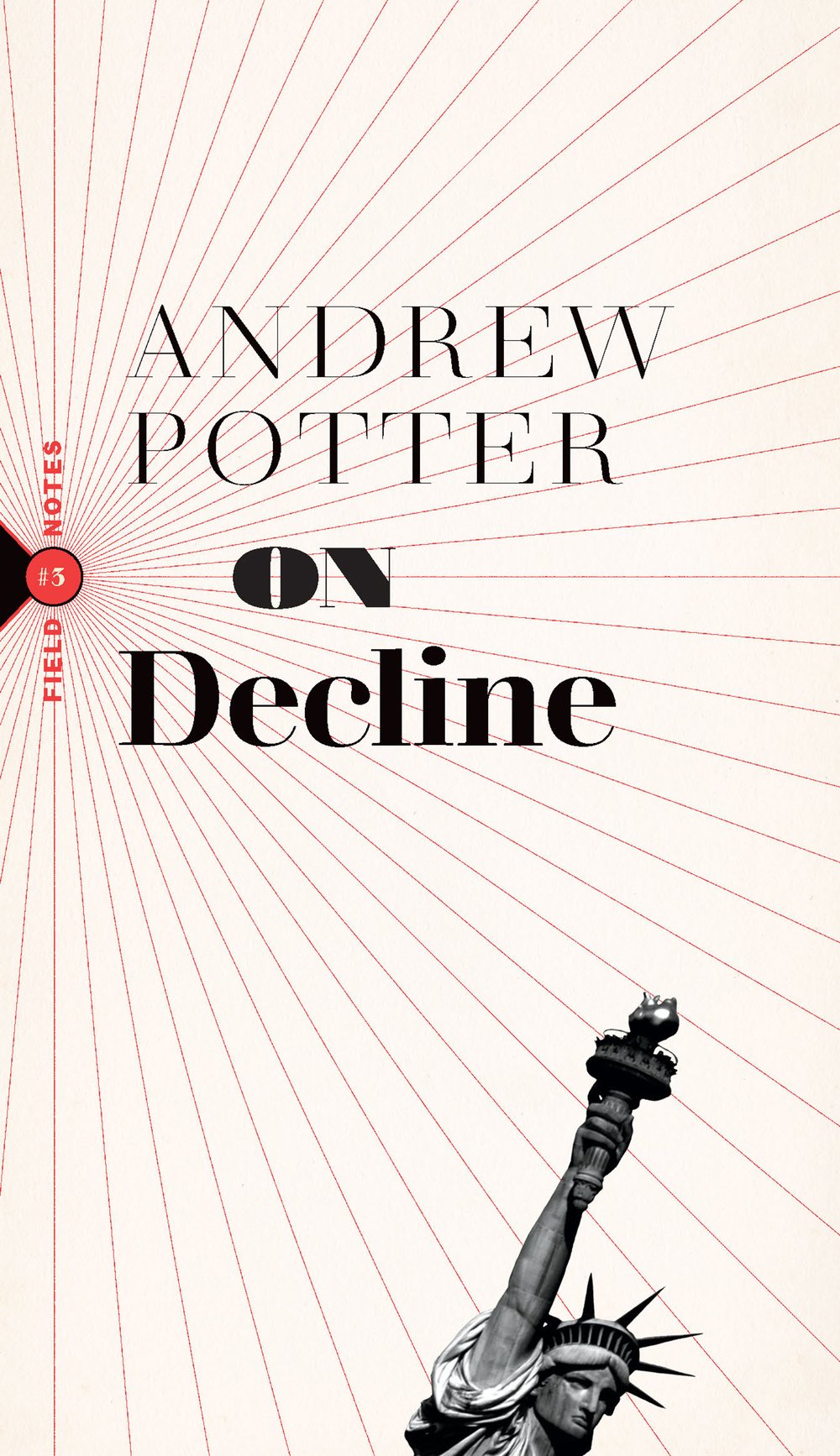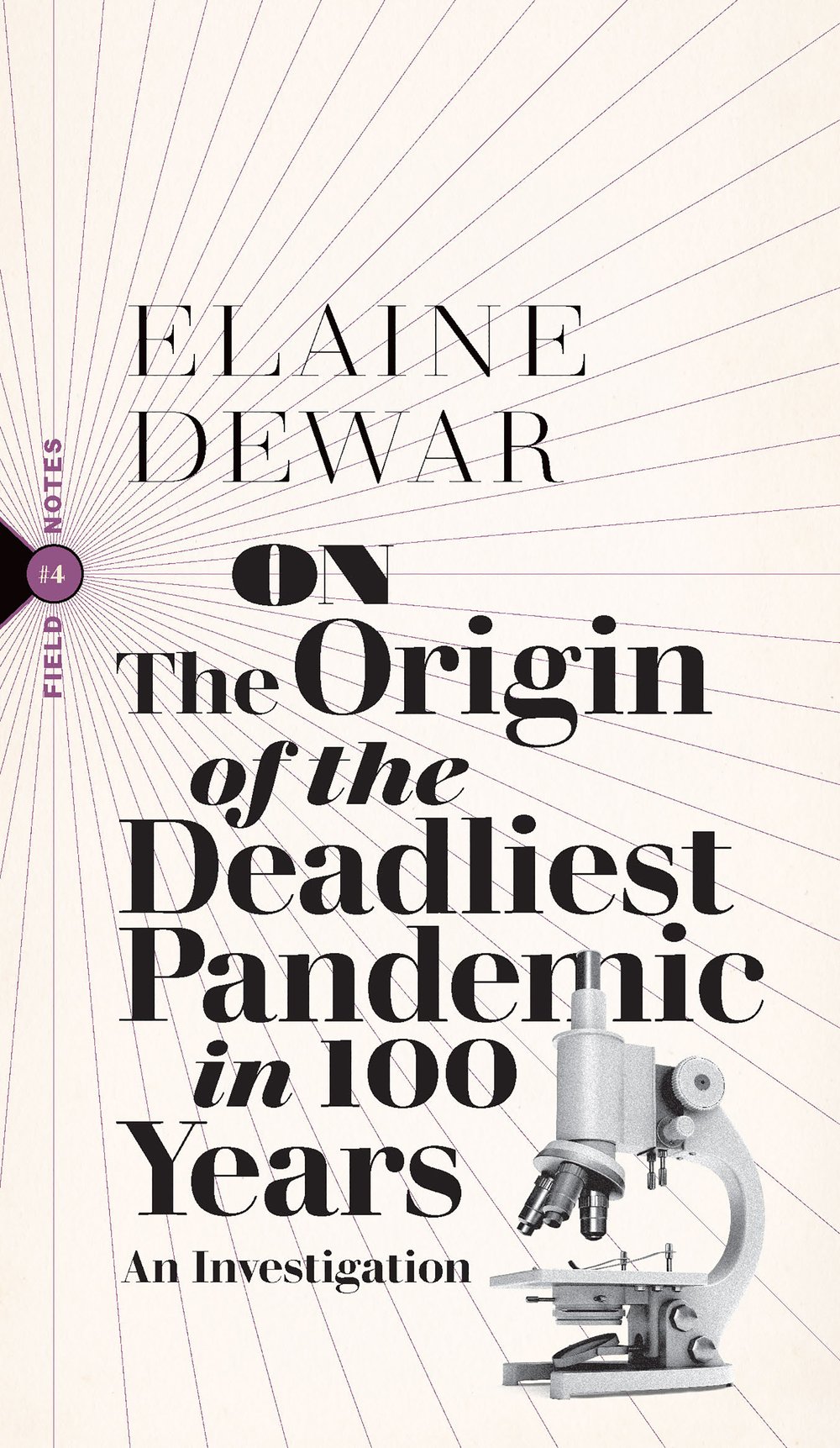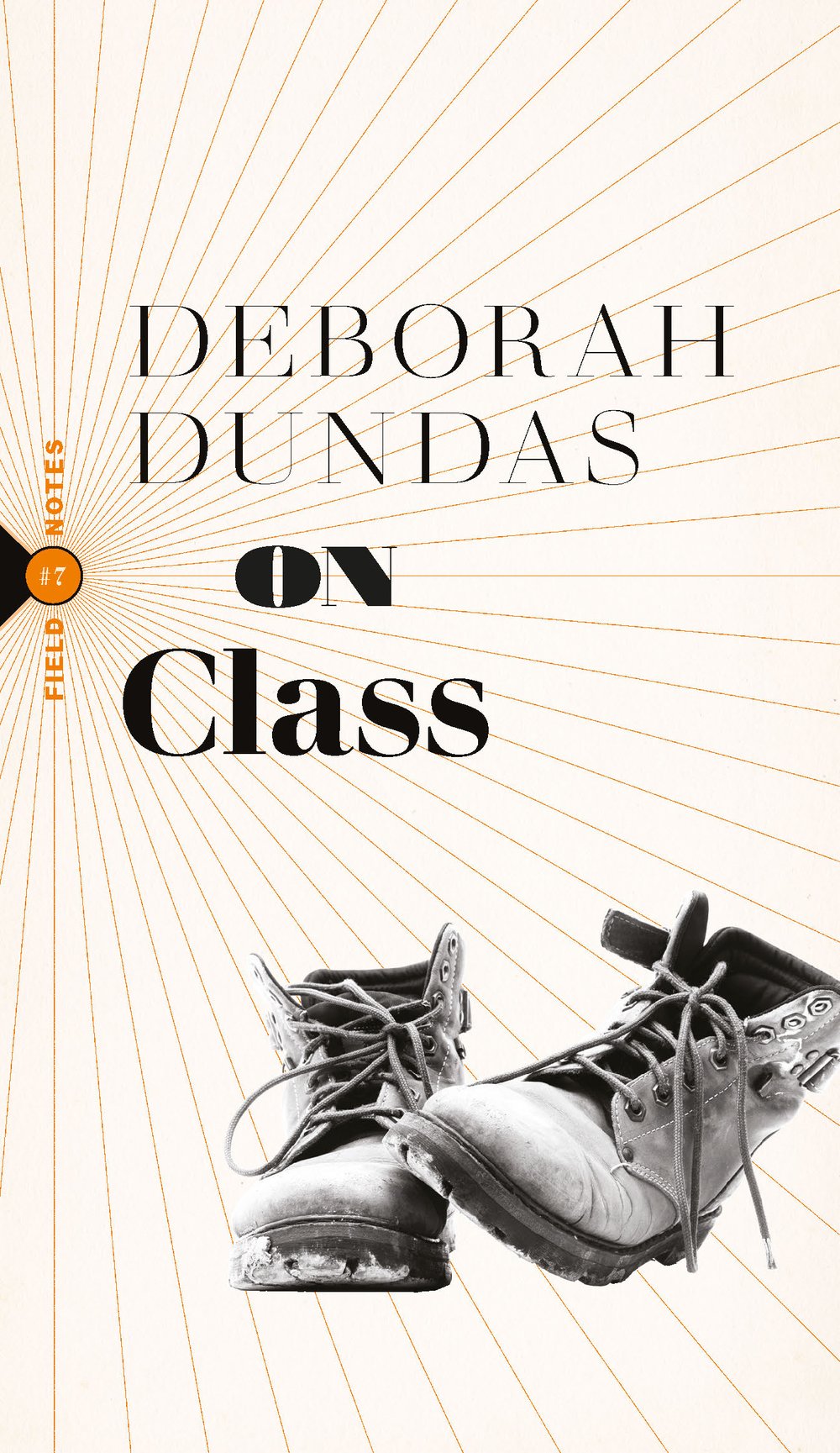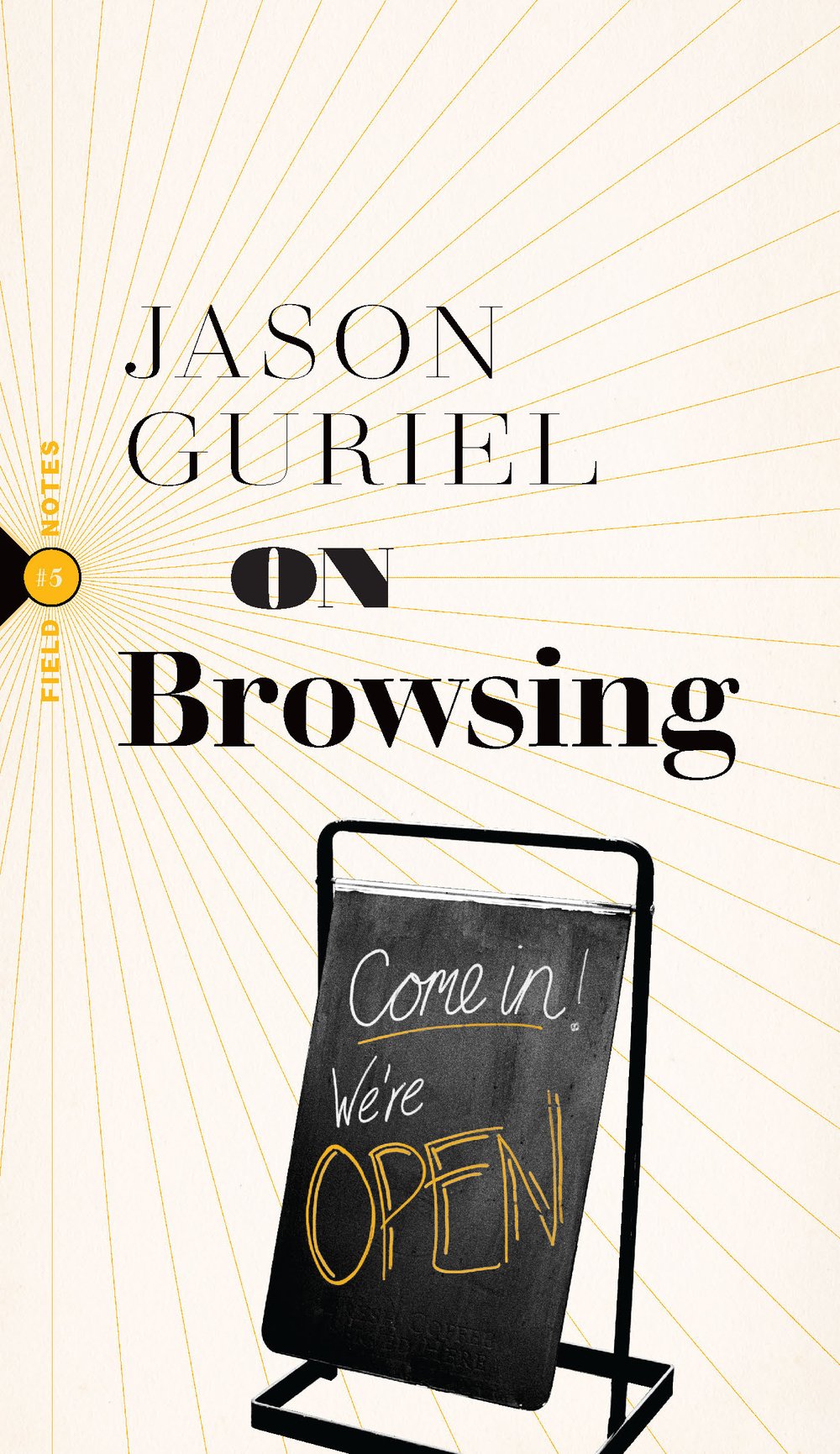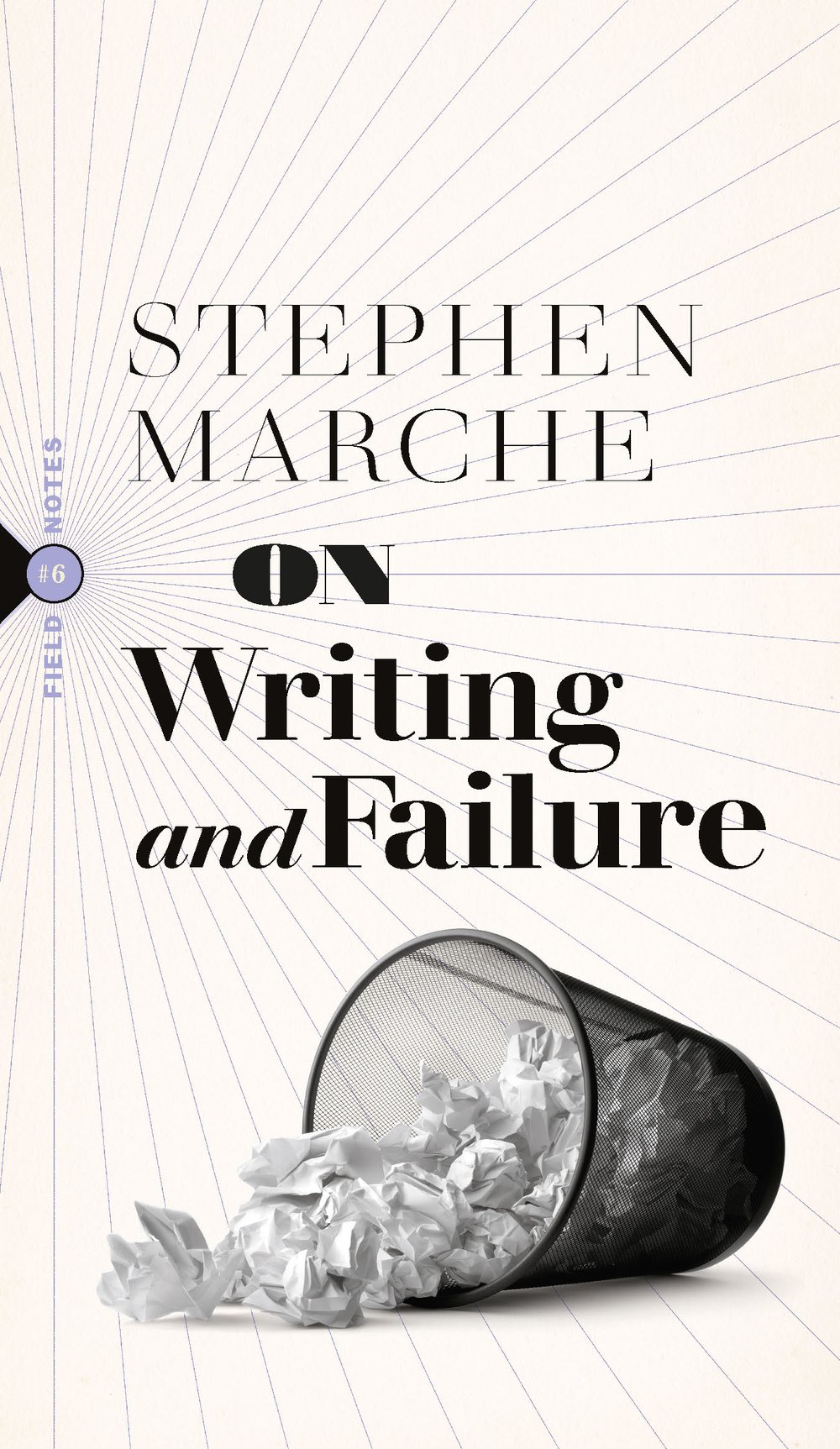On Property
Policing, Prisons, and the Call for Abolition
The next instalment in a new series of short nonfiction books modeled after 18th century political pamphlets—compare with Penguin's Great Idea series, but instead of reprints, these are original essays, 20,000 to 35,000 words, by contemporary writers and thinkers about contemporary issues.
The SS21 titles respond specifically to the 2020 George Floyd protests and subsequent public discourse re: BLM
On Property considers the relationship between policing and private property, arguing that law enforcement is the direct outcome of privately held assets and thus inextricable from a capitalist society: as long as people hold property, they will depend on police to protect it.
Walcott is the Director of Women and Gender Studies Institute and an Associate Professor at the Ontario Institute for Studies in Education both at University of Toronto. His research is in the area of Black Diaspora Cultural Studies, gender and sexuality.
“Written with a thoughtful tone and divided into three primary sections, this slim volume packs a punch without leaving readers fatigued. Walcott’s main argument is that abolition is not possible without the elimination of our society’s idea of property as we know it. He thoroughly explains how he came to this conclusion, taking readers on a historical field trip through slavery, policing, and uprisings around the world … Our only hope? That which was made can be unmade, and that which was learned can be unlearned.”—Mary Wahlmeier Bracciano, The Raven Bookstore (Lawrence, KS)
Rinaldo Walcott is a Professor in the Women and Gender Studies Institute at the University of Toronto. His research is in the area of Black Diaspora Cultural Studies, gender and sexuality.

